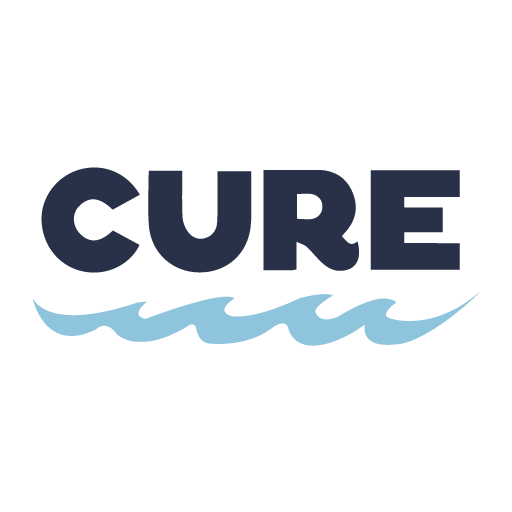Scorecard Explanation
This survey’s drafting was heavily informed by a governance policy positioning report published by the National Rural Electric Cooperative Association (NRECA) in 2018. CURE selected high-impact and achievable ways that RECs can enhance their online transparency as their membership bases begin to shift towards wanting more of their REC communications to occur online. In addition to these resources, member-owner testimonies, and a growing body of work from democracy activists identified a need for a closer look at REC elections and operations. The following criteria can be broken down into those categories with the Inflation Reduction Act criteria fitting a little in both. In 2023, CURE adopted a new policy on the scorecard that made it so that communications posted in “members only” portals or direct mailings would be considered meeting criteria.
- INFLATION REDUCTION ACT
In August of 2022, the Inflation Reduction Act was passed and among its many provisions, are $9.7 billion for cooperatives to improve their infrastructure and develop more renewable energy mixes. Co-ops and their member owners have a lot to gain from the programs receiving funding catered towards rural places and making their grids more resilient. This is a new criterion CURE adopted for this cycle of scorecards due to the funding’s significance and how it could benefit member-owners. This is a broad criterion wherein; we simply expect co-ops to have generated some degree of communications geared towards member-owners about what the IRA means for co-ops.
- ELECTRIC BILL EXPLANATION
Electric bills can be complicated, with jargon and fine print. Being transparent with co-op members about their bills is a key precursor to enabling co-op members to evaluate and participate in decisions around this core aspect of their co-op’s business.
- ENERGY SOURCE MIX
Should co-op members be able to provide input on what mix of energy sources their electric bills are paying for? To do so, members need information on their co-op’s energy portfolio. Although local co-ops in Minnesota are “distribution” rather than “generation” electric cooperatives, it is their local co-op that residents look to for information.
- CO-OP BYLAWS
The bylaws for a co-op are the rules for governance, membership, and operations, so these are obvious documents member-owners need to be able to access. RECs in Minnesota have improved handedly in providing this information accessibly to their member-owners.
- BOARD MEETING MINUTES/NOTES
Significant policy discussions and decisions often take place at co-op board meetings, so ensuring members can easily find out what happens at each meeting is important to democratic control. Here is one example of a common way co-ops post board meeting summaries, and we also counted a “yes” even for co-ops whose sites were out of date on posting board notes, but at least had some uploaded.
- MANAGER/DIRECTOR SALARIES
Compensation for leaders is another part of co-op policy that members can have a say in. As nonprofits, cooperatives report the compensation of their directors and key employees each year on IRS Form 990s, which are public. In the interests of transparency and member education, co-ops could make it easy on their members to find this information by posting their 990s or leadership compensation information on their websites — rather than keeping it off and expecting members to search internet databases on their own.
- HOW TO VOTE IN CO-OP ELECTIONS
This one doesn’t need much explanation as to why it matters for democratic control. While co-op bylaws may contain information on voting, we expected co-ops would want to highlight voting information separately, prominently, and permanently on their websites rather than expecting members to hunt for it in dense bylaws or other documents – so that is what we looked for.
- HOW TO RUN FOR CO-OP BOARD
Running for a seat on a co-op board of directors can be intimidating for a co-op member who has never run before, and one way to encourage this aspect of co-op democracy is to be open and upfront on the co-op website about running for office. This is another area where co-ops that do provide some information often do so through an FAQ section or listing it in the newsletter archive.
- BOARD MEETING DATES
Inviting members to attend board meetings—providing them with advance notice of meeting dates, times, locations, and agendas – is key to facilitating member input in decision-making. For our report card we looked to see if co-op websites at least provided upcoming board meeting dates; while Connexus Energy provided a great example for other co-ops to follow, many other co-ops included this information only in their newsletter archive.
- BOARD MEMBER CONTACT INFORMATION
Last, but certainly not least, we reviewed websites for whether co-ops provide phone numbers or email addresses for members to be able to contact their elected representatives – certainly, another important way to facilitate member input.
Address
117 South 1st Street
Montevideo, MN 56265

